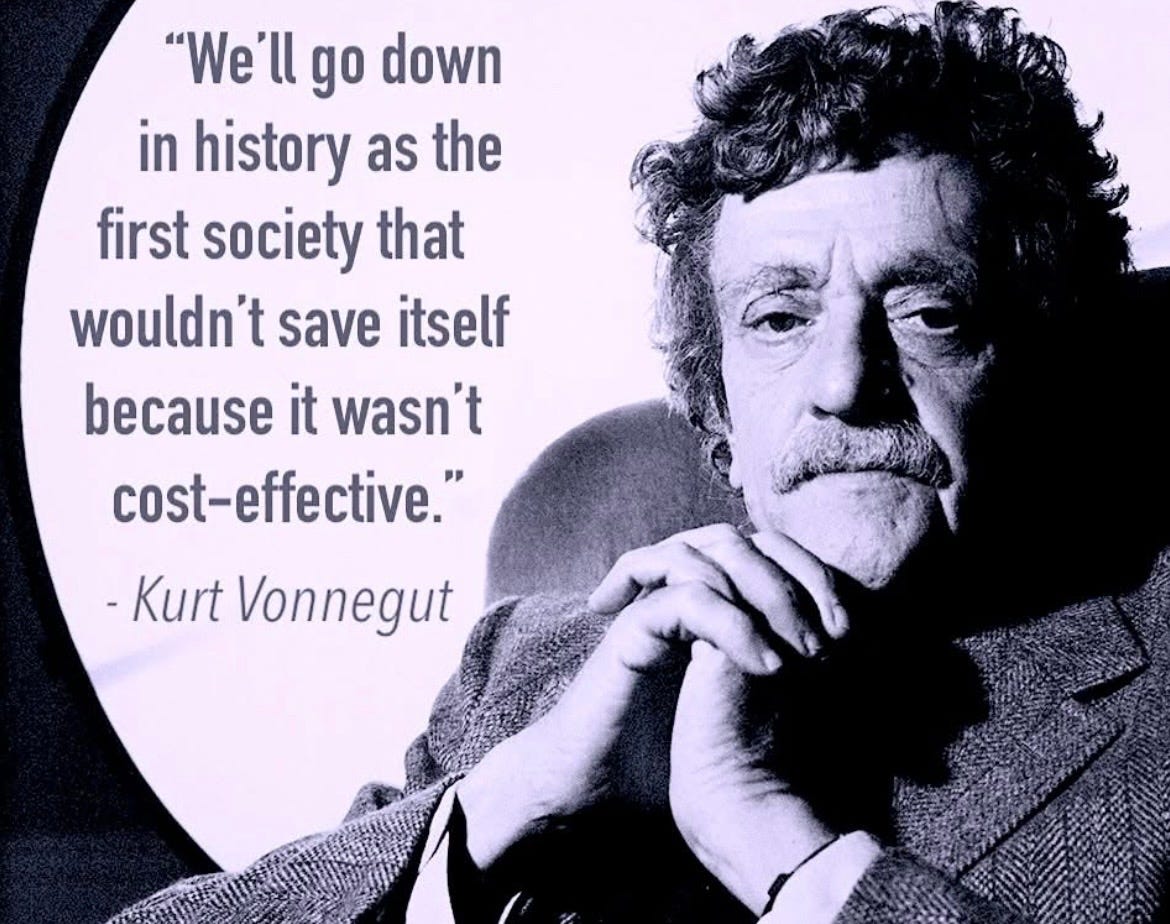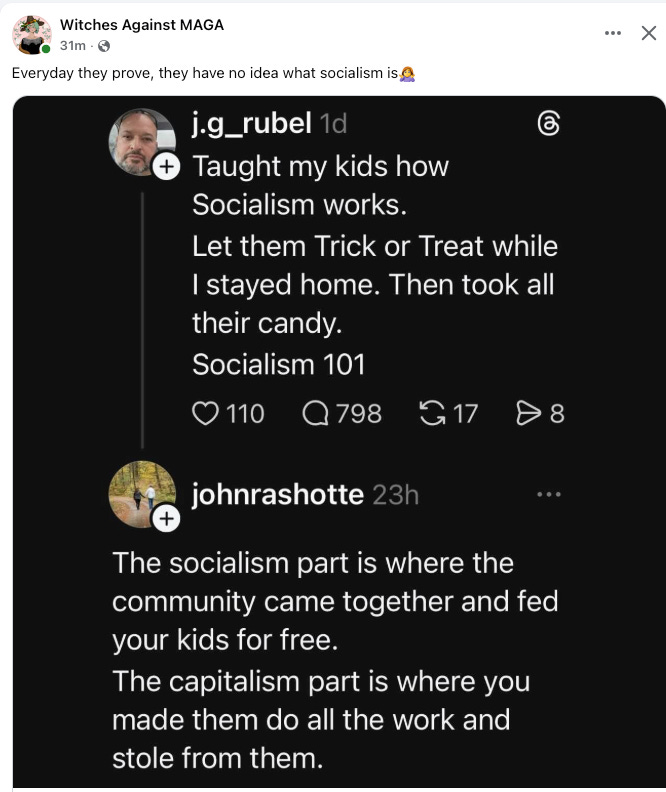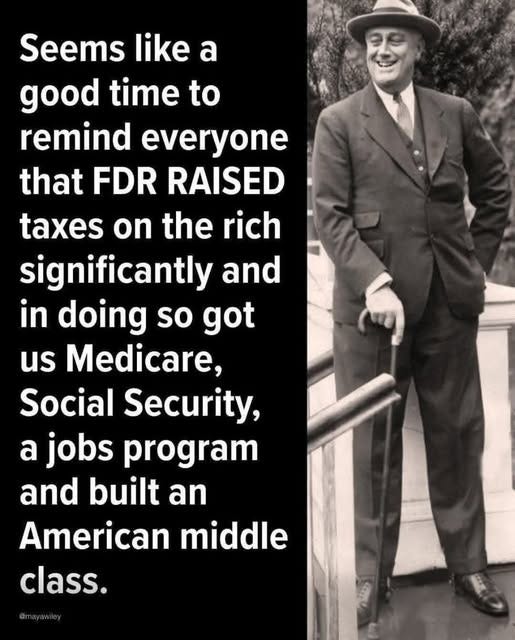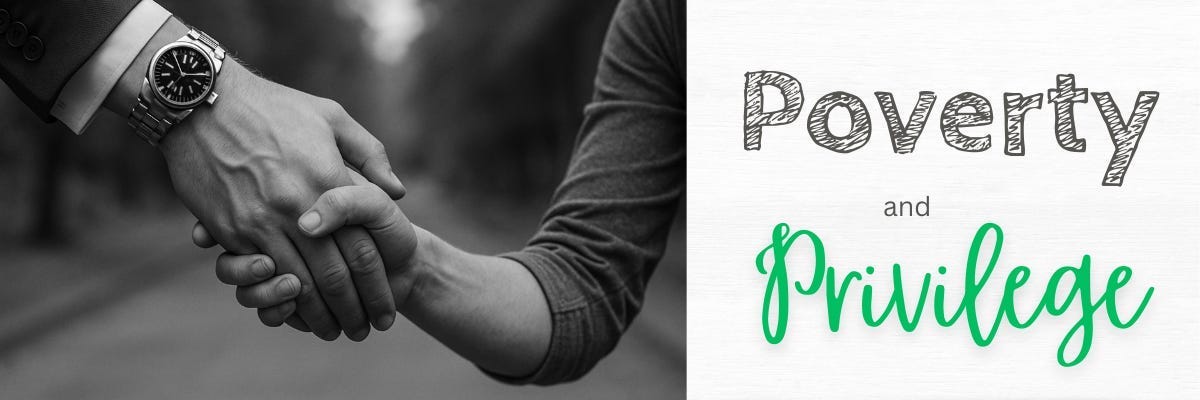The Most Expensive Part of Your Budget
You can cut it out and never miss it: (This week’s Income Inequality Roundup: Nov. 6, 2025

How much money do you throw away because you’re worried about what people will think about you?
Don’t ever let them know you’re poor!
I would do anything, during my poorest times, to try to impersonate a middle-class person. I remember when I was 22 and working my first post-college media job I spent about a weeks’ pay to buy a very nice outfit to wear to the company Christmas party because I did not want to shame myself.
It was a black damask suit with a lot of glamorous details that made it right for a holiday party. The funny thing was everybody there already knew I was only making a smidge over five bucks per hour. I wasn’t fooling anyone.
I’d have rather died, in those days, than admit I could not afford something.
The performance isn’t free. It costs money but it also costs understanding. People can’t see how hard things really are when everyone is pretending they’re fine.
There’s a downside to the deception
People seem to have a very hard time comprehending how people with less money need to live.
I remember once I was in the middle of trying to find a reliable old car that I could afford and the boss said he was looking for a car for his 16-year-old son. He didn’t want to get him just anything. “You want it to look like something,” he said.
Unlike his son, I had finished college and started my career but I didn’t consider myself in need of a car that looked a certain way. I had to use my own vehicle to get to all sorts of social events I had to photograph to earn that $5-something an hour. It had to be reliable but it didn’t have to look cool (and it didn’t!)
I don’t think he knew he was being insensitive. I appeared to be managing. I was dressed and groomed appropriately for work. I could speak well and had a college degree. But it took almost everything I had to present that image.
The office adopted a needy family for the holidays and my supervisor collected the gifts — naturally, I contributed — and my supervisor delivered them.
She came back upset because the poor family had no lamps in their home. Neither did I. You can bet I said nothing. I had to keep up that charade.
Keeping up appearances keeps you down
Pretending you’re fine makes it easier for bosses and politicians to believe you are. The performance props up the illusion that the system works.
The money I spend on that holiday outfit? That was so dumb. I needed that money for groceries! But I can remember how I felt when I bought it — panicked, because it was out of my budget — and yet relieved when I put it on. I fit in. I didn’t look like a poor relation.
The poor are often shamed for “blowing” money on little luxuries. And I get that. You have to prioritize rent over having your hair done. But also? People judge you if you don’t maintain some level of appearance. It’s not easy to hit the mark exactly.
But you have an iPhone!
Yes, I do have an iPhone! I’ve had it for many years, and I bought it when the previous one literally stopped working. It is not a luxury. It is a tool I use for almost everything — just like almost everyone else does.
When you judge the poor for having a phone or a TV, you dehumanize them. A few visible nice things do not mean someone isn’t struggling. Sometimes that little luxury was a gift. Sometimes it’s the only armor they have left.
The cost of trying to look middle class can keep you in the lower class
I learned this lesson early. Splurging on that suit was a turning point.
I was fortunate to figure out that the more I spent trying to look like I was doing better than I was, the harder my life would be.
Attitude matters
I don’t think I’d have had the nerve to write this newsletter when I was younger and still worried about what people thought about me. I still believed my lack of money was a reflection on me. I believed that because I was taught to believe it.
Years of working in newspapers and interviewing all different kinds of people cracked that myth wide open. I talked to people who were homeless as well as celebrities and high-level politicians. I met wealthy people without any particular talent. I met amazing poor people barely making it. It was impossible to keep believing that people get what they deserve.
And I realized that one tiny act of defiance I could make was to stop participating in class performance because that protects inequality itself.
The hour comes
So many people are warning us about dire times to come, and there are ample signs. I don’t know what’s ahead, but I do know you won’t regret being honest about where you stand. Class performance costs too much in dollars and dignity.
Every Friday, I post a curated roundup on income inequality. Original essays drop every Tuesday. Poverty and Privilege runs most Saturdays. I drop the occasional bonus piece most weeks. Subscribe to stay informed — and if this work matters to you, please consider supporting it. And don’t forget to subscribe to the other writers whose work you find here! This is your one-stop income inequality shop.
And now, on to the Roundup:
Shared by
Shared by
Shared by
Let Them Eat AI-Generated Cake
, and , Morning Shots
The current state of American capitalism isn’t sustainable. It doesn’t deserve to be sustained. And the best way to avoid an American version of “eat the rich” is to fix the current “let them eat cake” distortion of capitalism into which we’ve fallen.
Repo Nation
And still, Wall Street investors are betting big on delinquency. Prodigal Tech’s 2025 report puts it bluntly: “Delinquent auto loans are once again a growth opportunity.”
What If We Stopped Financially Supporting Millionaires?
, I’d Rather Be Writing
We have to say, “No more inequality.” The best way we can do that is by refusing to support the people who have most benefited from an unfair system. Look for the people who are just getting by, those are your allies.
The SNAP Scam: How Billionaires and Politicians Built a Welfare System for the Rich
, The Hartmann Report
Today, the SNAP program still accomplishes the goals of helping out farmers, supporting local food stores, and reducing hunger among America’s poor, but about a third of the program has also become a way of insuring that America’s morbidly rich billionaires get even richer on the taxpayer’s dime.
#15 Greedbane: Income Inequality Newsletter
Across the United States, warehouses hum with the quiet precision of machines built to erase the people who built them. In the last twelve months, more than 800 000 American jobs have vanished under the banner of “AI efficiency.” At Amazon, the new gospel is automation at scale: every keystroke logged, every scan timed, every heartbeat in the fulfillment center feeding a dashboard that decides who stays human and who becomes redundant.
The Boots Theory of Growing Older
I’m 59 and thus have reached the “I want this to be the last time I ever buy this thing” stage of life. That means spending more so I can save in the long run, assuming I’m granted a long run. I don’t want to be spending money to replace things in my older and probably poorer age that I could have just bought a more quality version of right now.
The Great American Heist: How Reagan, Trump, and Their Billionaire Backers Stole the Middle Class
, The Hartmann Report
The simple fact is that back in the 1960s you could rent a small apartment, buy a used car, and put yourself through college on a minimum wage job. I know because I did it (pumping gas, washing dishes, working as a part-time DJ), as did millions of my generation. Just ask your grandparents.
Think you’re ‘bad with money?’ Reduce financial stress without blaming yourself
, Healthy Rich
To reduce your financial stress, let go of the shame so much financial advice makes you feel. Understand that you live in a system that thrives on your taking full responsibility for your financial circumstances so you never turn a critical eye to the ways that system is to blame.
The Big Smirk
So, to repeat, the party at Mar a Lago wasn’t a case of tone deafness, living it up despite others’ suffering. It was in large part a party held to celebrate others’ suffering.
What to Buy & How Much to Pay
, Dispatches of a Feral Housewife
If you are stocking a pantry, and you have food, you should be inviting people over for dinner. You should be volunteering for every meal train. If there are no meal trains, you should be organizing them. You should be giving things away when able and applicable. If you are intending to grow a giant garden, you should be planting extra. You should be processing as much as you can to share with your community.
About Michelle Teheux
I’m a writer in central Illinois. If you like my work, subscribe to me here and on Medium. I also have a new Substack aimed at authors who want to self-publish books, called The Indie Author. My most recent book is Strapped: Fighting for the soul of the American working class. My most recent novel is The Trailer Park Rules. Tips joyfully accepted via Ko-fi.
All wealthy families are alike; each poor family is poor in its own way.
— Leo Tolstoy, if he had written about a trailer park
For residents of the Loire Mobile Home Park, surviving means understanding which rules to follow and which to break. Each has landed in the trailer park for wildly different reasons.
Jonesy is a failed journalist with one dream left. Angel is the kind of irresponsible single mother society just shakes its head about, and her daughter Maya is the kid everybody overlooks. Jimmy and Janiece Jackson wanted to be the first in their families to achieve the American dream, but all the positive attitude in the world can’t solve their predicament. Darren is a disabled man trying to enjoy his life despite a dark past. Kaitlin is a former stripper with a sugar daddy, while Shirley is an older lady who has come down in the world and lives in denial. Nancy runs the park like a tyrant but finds out when a larger corporation takes over that she’s not different from the residents.
When the new owners jack up the lot rent, the lives of everyone in the park shift dramatically and in some cases tragically.
Welcome to the Loire Mobile Home Park! Please observe all rules.
Don’t miss my current special series, Poverty and Privilege:
Poverty and Privilege is the story of Richard, a man with generational wealth, and Lauren, a single mom struggling to keep her household afloat. The twist is they both have Ivy League educations but life has turned out very different for each of them. The story is true but names and certain identifying details have been changed.
Part 1, Unlikely Allies in an Unequal America
Part 2, The Country Club Lunch
Part 3, One Family’s Fall From the Middle Class
Part 4, Billable Hours Don’t Pause for Birth
Part 6, How Marriage and Divorce Shape Financial Futures
Part 7, Why the Rich Don’t (Usually) Get Divorced
Part 8, Privilege Starts in the Playroom
Part 9, Intelligence and Education Are Not Enough




















I feel this acutely. In my post-college, early employment, very-low-salary days, many decades ago, I, too, spent money I really "didn't have," per my parents, to buy clothes that let me fit in somewhat better with my co-workers. The irony was that we all worked for a public social services program, with people as clients who had even less than we did. Did we do it because we wanted to set ourselves apart from our clients? Not on a conscious level, certainly, but more because we wanted to project a certain level of accomplishment, if not affluence. I can understand why people choose to get their nails and hair done or buy those jeans. I've been there, done that, and may still have the Tee shirt.
This was a fantastic read.